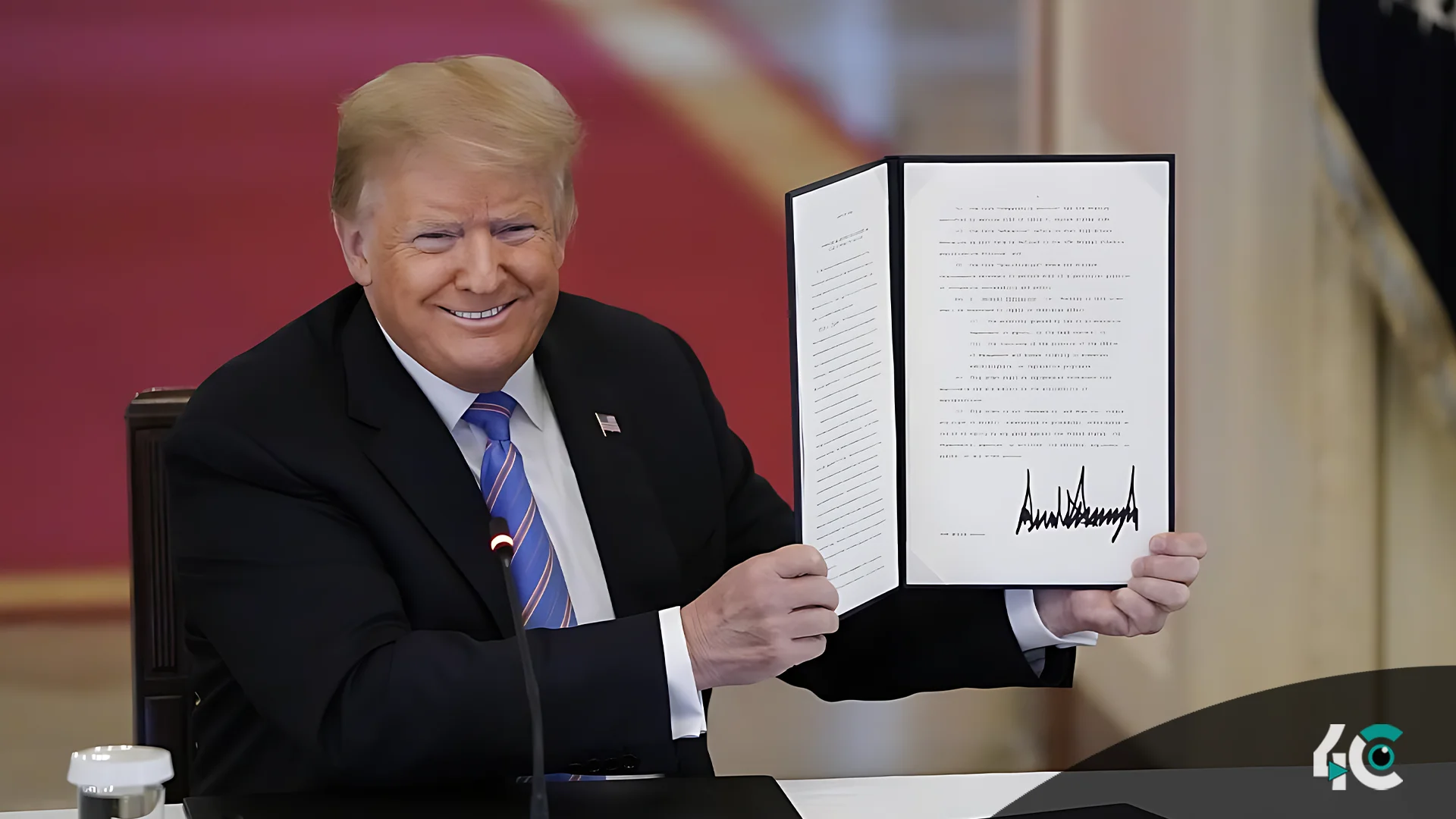Trump slammed Biden’s AI policies during his campaign, calling them restrictive and harmful to innovation. His administration and the Republican Party contend that excessive regulation stifles innovation and economic growth, highlighting the importance of a free-market approach to AI development.
The Republican platform criticized Biden’s stance as a barrier to progress, instead advocating for AI efforts based on free expression and human advancement.The decision has divided views in the tech industry and beyond. Supporters of the repeal, including several top technology leaders, see it as an essential step toward removing regulatory roadblocks and accelerating AI development. However, critics worry that removing these restrictions may expose the public to the risks associated with unrestrained AI advancements.
Alondra Nelson, a senior public policy advocate, voiced concern that eliminating Biden’s framework without a well-thought-out replacement would jeopardize public safety and prevent responsible AI deployment. Furthermore, some industry observers believe that components of the original directive, such as relaxed AI worker immigration regulations, may have aided economic growth.Trump’s decision comes amid increased worldwide competition in AI technology.
While the United States debates its regulatory stance, Chinese companies such as DeepSeek have unveiled cutting-edge AI systems that rival those produced by prominent American enterprises. These developments highlight the mounting pressure on the United States to maintain its leadership in the field.As arguments over the future of AI governance continue, Trump’s administration must strike a balance between encouraging innovation and maintaining public trust in developing technology. The removal of Biden’s AI order has left gaps that new policies may fill.
































